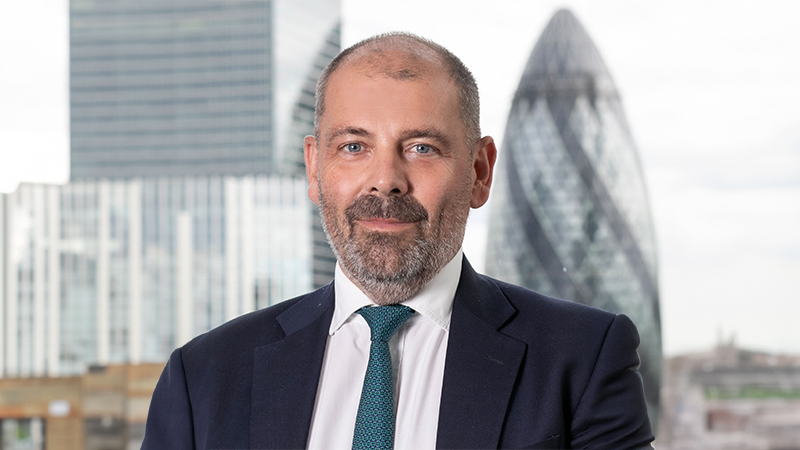DFMs are struggling to poach each other’s clients as advisers are sticking with wealth managers for a long time, a study by Platforum called Model Portfolios on Platform reveals.
Andrew Ashwood, analyst at Platforum, says DFMs find it challenging to recruit new adviser firms by “dislodging entrenched relationships” with their competitors.
“They might be better off targeting more recently established adviser firms looking to grow,” he says.
Advisers did not anticipate any major shifts in outsourcing arrangements in the foreseeable future, according to the advice trends report.
Adviser business flows
Tilney director Mark Coles agrees it is “incredibly hard” to attract business from established advisers. The proportion of established versus new adviser business is approximately 80/20, Coles says.
Speaking to Portfolio Adviser, he says many advisers have established relationships embedded in their processes and their familiarity with the business and investment manager means opportunities only tend to arise on the back of a review.
“It takes time to develop a relationship and the inherent trust that is required”, he says.
But results are more important than length of relationship, says Clive Waller, managing director at CWC Research.
“If the DFM is poor, 10 minutes is too long; if they remain at the top of their game for 20 years – fine.”
Market volatility returns
A return of volatility in markets could disrupt longstanding relationships, according to Tony Yousefian , senior consultant at FundCalibre.
“The market has seen a proliferation of DFMs which is quite understandable,” he says. “Without taking credit away from quality DFMs, all markets have risen over the last 10 years and rising tides lift all boats; it’s been relatively easy to make money.
“Now that we have entered a new leg of the economic cycle, volatility has returned to the markets and going forward, the market will start to separate the wheat from the chaff.
“IFAs are therefore likely to be much more discriminating in their due diligence process when looking for a DFM.”
Adviser scrutiny of DFM fees
DFM charges as well as performance could be a distinguishing factor for advisers, according to Langcat consulting director Mike Barrett.
“If/when markets become more volatile then I expect there to be more of a focus on value for money. This will be a combination of the returns being generated, but also the charges being paid.”
Barrett says it is good practice for advisers to regularly review all providers, whether that’s a platform, asset manager or DFM. The adviser needs to ensure the DFM is still suitable for the target clients and are delivering value for money.
Due diligence changes post-RDR
Waller said the DFM due diligence process had changed for advisers pre and post the retail distribution review (RDR).
“Some valued local relationships; some valued perceived expertise and good manner with clients; others valued client kick-backs; others were looking for a buyer for their business in the medium term.
“Post RDR, it is all about centralised investment propositions (CIPs) and model portfolio services (MPS), so most biz done with DFMs is now MPS rather than bespoke.
Yousefian adds service is equally as important to performance when it comes to adviser relationships.
“Indeed, it could be argued that a DFM who provides a first-class service, is in constant communication with the IFA, keeps them up-to-speed with their investment outlook and provides plausible explanations for any underperformance, will buy the relationship time.”











